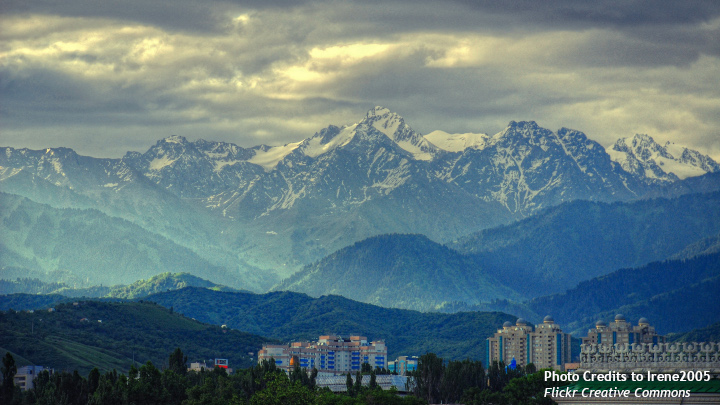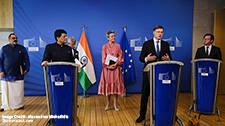Promise And Peril In The Caucasus

Svante E. Cornell
America’s national security bureaucracy separates the Caucasus and the Middle East into different bureaus, with Central Asia in yet another office. This is part of the reason the U.S. has failed to respond to the ways in which the regional politics of these regions intertwine. In view of the challenges posed by Russia and Iran, however, Washington’s confusion is no longer tenable. It is in America’s interest to encourage Turkey’s emergence as a counterweight to Iran, and to nurture the growing alignment between Ankara, Baku and Jerusalem. The U.S. also needs to work to recover its influence in Georgia, as well as to reinforce the efforts it began in late 2022 to bring about a peace agreement between Armenia and Azerbaijan. All of the above, however, requires a much stronger American commitment to the security and stability of the countries of the Caucasus.
Read this article by Svante E. Cornell in in 1945. This was first published at the American Foreign Policy Council (AFPC) website.
Related Publications
-
ISDP Annual Report 2023
ISDP’s Annual Report for the year 2023. We look back on 2023, a year in which tensions and conflicts captured the strategic space in ISDP’s focus areas, making headlines around […]
-
Turkey’s Problem Isn’t Sweden. It’s the United States.
The issue isn’t what Sweden says or does but what the United States does or fails to do on the ground in Syria that matters for Turkey’s national security interests. […]
-
TURKISH QUAGMIRE: WHY TURKEY BLOCKS SWEDEN’S NATO ACCESSION
Turkey was bound to have issues with Sweden and its pro-Kurdish stance, and singled out Sweden because of its longstanding commitment to Kurdish aspirations. However, it is the continued US […]
-
Trade, Connectivity and Supply Chains in EU-India Relations
In the decade and a half since 2007 when the EU and India first started their FTA negotiations, the world economic order has undergone a sea change. During that period, […]
-
The Limitations of India and Russia’s Transactional Relationship
Since Russia’s unprovoked invasion of Ukraine in February 2022, it might seem as though ties between India and Russia have strengthened. While much of the West isolated Russia, India-Russia energy […]




